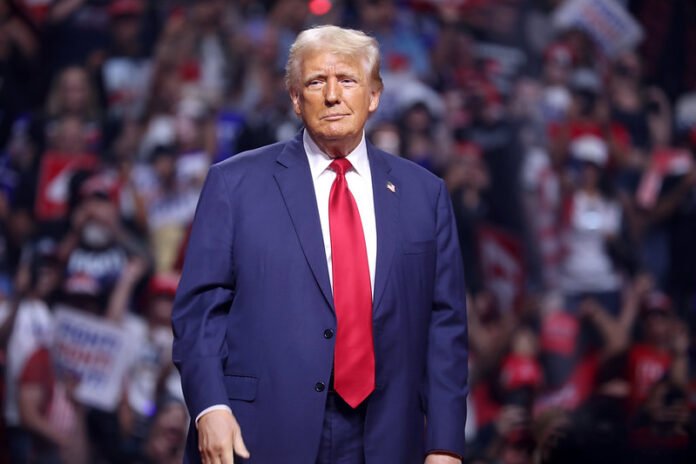As the deadline approaches for the current stopgap measure, which expires on March 14, 2025, Congressional leaders and President Donald Trump face mounting pressure to resolve the funding for the current budget year. Without a new agreement, a partial government shutdown is set to occur.
While five weeks may seem like plenty of time, the ongoing disagreements between Republicans and Democrats have escalated, largely due to the Trump administration’s significant reshaping of government priorities and the dismantling of existing programs, often without Congressional approval.
Where Do Talks Stand?
Republican Viewpoint:
Republican leaders have expressed frustration over the slow progress in negotiations. House Majority Leader Steve Scalise, R-La., remarked that Democrats had walked away from talks, and House Speaker Mike Johnson, R-La., accused Democrats of attempting to set the stage for a government shutdown. Despite these claims, Rep. Tom Cole, the chairman of the House Appropriations Committee, indicated that communication with Democratic lawmakers had continued, but that significant progress was lacking.
READ MORE: Canada’s Carbon Pricing Scheme: A Political Flashpoint Leading Up to the 2025 Election
Democratic Response:
On the other hand, Democrats, led by Rep. Rosa DeLauro, D-Conn., and House Democratic Leader Hakeem Jeffries, D-N.Y., disputed Republican accusations. DeLauro strongly denied any withdrawal from negotiations, stating that Democrats had already presented their offer. Jeffries, meanwhile, emphasized the importance of reaching a deal that prioritized the American people over wealthy donors, urging Republicans to engage in meaningful talks.
Tensions Over Spending Levels and Agreement Terms
The disagreement largely revolves around the spending levels for defense and non-defense sectors. Under a deal brokered by former Speaker Kevin McCarthy and President Joe Biden, spending for both areas was supposed to increase by 1% for the fiscal year, bringing the totals to $895.2 billion for defense and $780.4 billion for non-defense. However, Republicans now argue that the agreement, made under the previous administration, is no longer valid under President Trump’s leadership.
Rep. Cole noted that Trump does not feel bound by agreements made by the previous president, and emphasized that the only signature that matters now is Trump’s.
Democratic Concerns Over Government Reshaping Under Trump
Democrats are deeply concerned about the Trump administration’s ongoing reshaping of the federal government. With numerous government agencies being dismantled, employees being pushed to resign, and the involvement of Elon Musk’s team in the so-called Department of Government Efficiency, Democrats are worried about the long-term impact on essential government services. These concerns are complicating negotiations as they push for guarantees that any spending agreements will be fully honored.
Sen. Patty Murray, D-Wash., expressed her dismay, stating that trust in Congress is at an all-time low. She called on Republicans to assure Democrats that any agreement made will be enforced.
Plan B: A Possible Stopgap Measure
If lawmakers cannot come to an agreement on a full-year spending bill, the possibility of passing another temporary funding measure—referred to as a continuing resolution (CR)—remains. While CRs simply extend funding for government agencies at current levels, they are seen as a less desirable option compared to a full spending bill.
Rep. Cole stated that although he does not want to resort to a CR, he would prefer it over a government shutdown.
In Summary:
- Key Disagreement: Tensions over defense and non-defense spending levels and Trump’s reshaping of government priorities.
- Democratic Concerns: Accusations that the Trump administration is undermining government services and blocking previously approved funding.
- Next Steps: Lawmakers may have to pass a stopgap measure if a spending deal is not reached, avoiding a government shutdown, but leaving agencies operating under current budgets.
As the March deadline nears, Congress remains divided, with both sides hoping for a resolution that will avert a shutdown and establish a new funding framework for the coming year.
